Medical Waste Shredding Solutions: Efficiency, Safety, and Compliance
The Role of Shredders in Medical Waste Treatment
With the rapid development of the healthcare industry, medical waste disposal has become a growing concern for both the public and environmental authorities. Especially in the context of global public health challenges, finding a safe and efficient method to handle medical waste is a top priority. In this effort, shredders are playing an increasingly vital role.
Medical waste typically includes syringes, IV sets, surgical waste, and disposable medical supplies—many of which are infectious and hazardous. Improper handling can lead to environmental pollution and even public health crises. Traditional disposal methods such as incineration or landfilling are no longer sufficient to meet modern environmental standards, and there is increasing demand for effective pre-treatment solutions.
Shredders serve as the front-line equipment in medical waste treatment systems, primarily used for initial volume reduction. They crush bulky medical items, bagged or boxed waste into smaller, uniform sizes, making it easier for the waste to undergo further treatment such as sterilization, autoclaving, or incineration.
Key advantages of medical waste shredders include:
High processing efficiency – Dual-shaft or four-shaft designs can handle large volumes of mixed waste quickly and reliably.
Enhanced safety – Enclosed designs with safety interlocks protect workers from exposure to hazardous materials.
Automation-ready – When integrated with conveyors and separators, shredders enable fully automated, contact-free operation, reducing the risk of cross-contamination.
Environmentally compliant – Low noise, no dust or leakage, meeting environmental and sanitation regulations.
For instance, our company's dedicated medical waste shredders are equipped with corrosion-resistant alloy blades, overload protection, intelligent monitoring, and energy-saving systems. These machines have been widely adopted in hospitals, CDC facilities, and centralized medical waste treatment plants, earning strong feedback from our clients.
As medical waste management and recycling policies continue to evolve, shredding technology will play an even more critical role in ensuring public health and environmental safety. We are committed to investing in R&D and advancing sustainable equipment solutions to support a cleaner and healthier future.

 CN
CN
 EN
EN
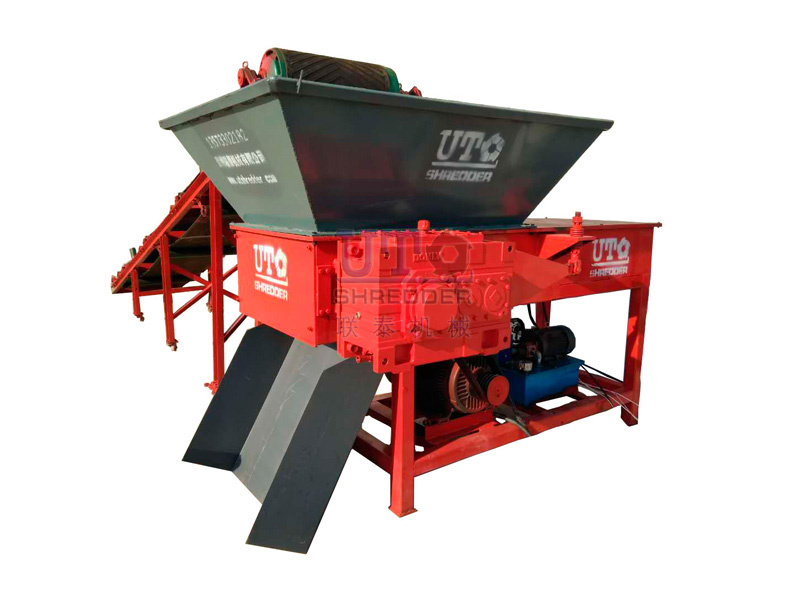
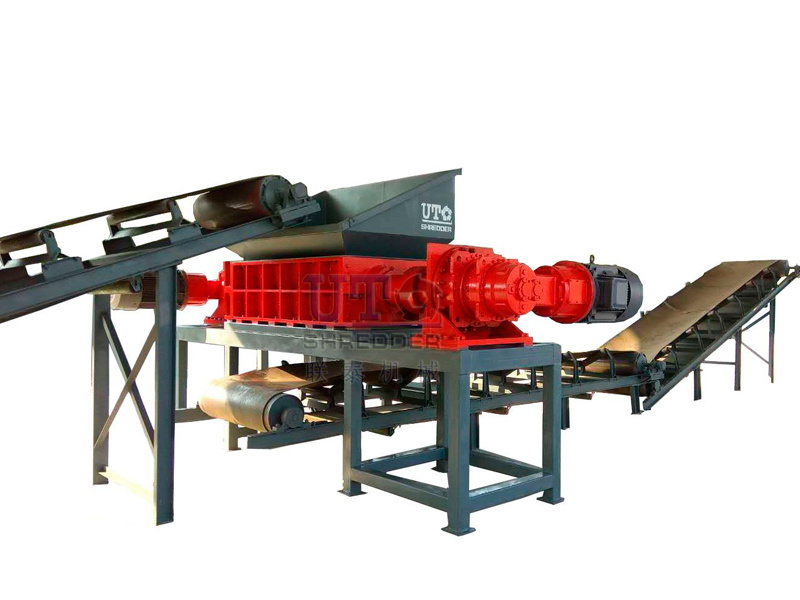
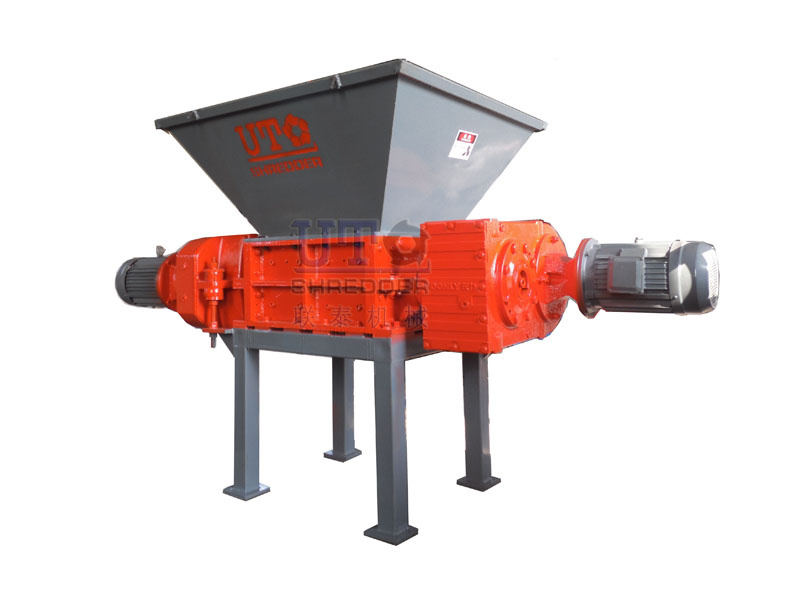
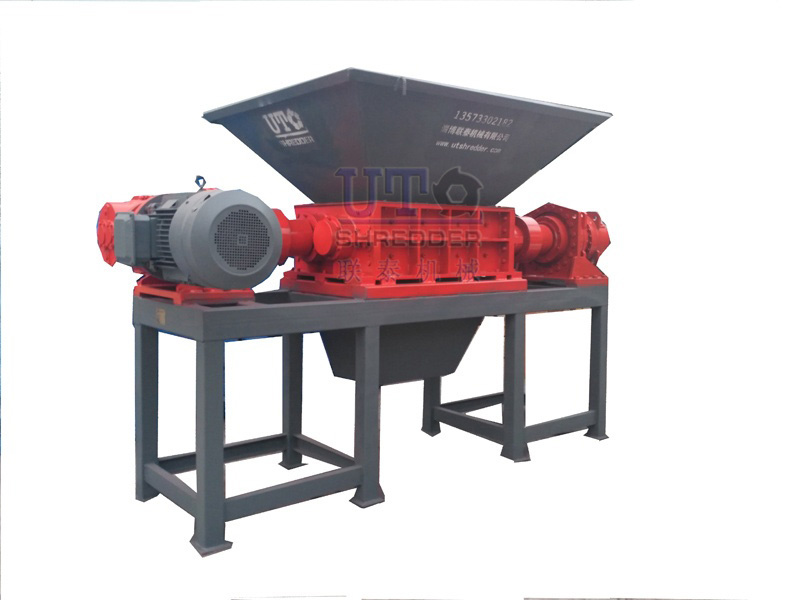
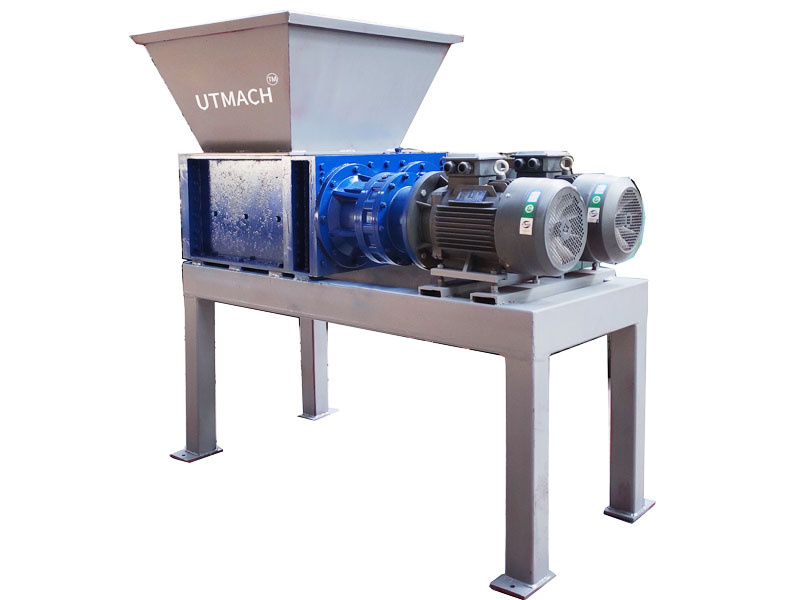
 TEL:+86-533-3588750
TEL:+86-533-3588750 FAX:+86-533-3588750
FAX:+86-533-3588750 MOBILE:+86-18653354363
MOBILE:+86-18653354363 E-MAIL:info@zbutm.com
E-MAIL:info@zbutm.com ADDRESS:No.145 Zhengtong Road,
ADDRESS:No.145 Zhengtong Road,






